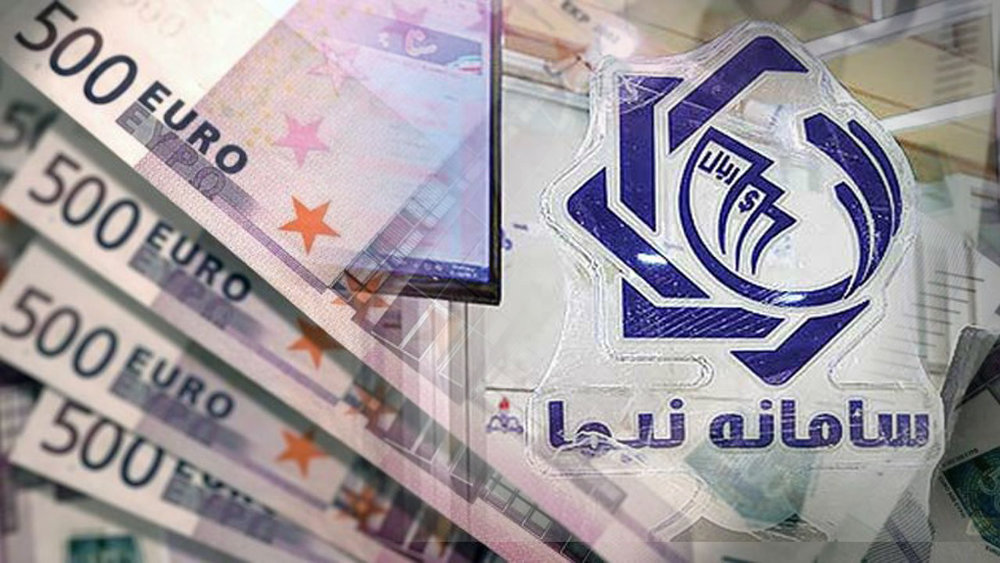NIMA supplies €6.8b for imports of goods, services

TEHRAN- Since becoming online in early July, Iran’s domestic Forex Management Integrated System (locally known as NIMA) has earned €6.8 billion of foreign currency to be consumed for imports of goods and services into the country, IRIB reported on Saturday.
According to the public relations department of the Central Bank of Iran (CBI), electrical, electronic and telecommunication products with €353.1 million and auto parts with €205.1 million were the products with the greatest amount of foreign currency supplied for imports at the secondary market NIMA.
The required foreign currency for imports of the following goods has been supplied by NIMA per se:
• Some €132.1 million for imports of rubber and plastics besides cellulose and chemical products
• €677 million for imports of transportation equipment
• €435 million for imports in mining industries
• €253 million for imports in agriculture
• €254 million for food, beverage and tobacco products
• €179 million for petrochemical and liquefied gas
• €129 million for metal products and home appliances
• €113 million for textile, leather and clothes
• And €966 million for imports of other products
NIMA, which seeks to boost transparency, create competitiveness among exchange shops and a secure environment for traders, is a new chance for importers to supply their required foreign currency without specific problems and for exporters to re-inject their earned foreign currency to domestic forex market. It was inaugurated to allow exporters of non-oil commodities to sell their foreign currency earnings to importers of consumer products.
In mid-November, CBI issued the instructions on return details of the hard currency earned by exporters back to the domestic financial system.
The instructions, aimed to lead the export revenues from the non-oil exports back into the country’s economy through NIMA, mandate all the exporters of goods and services to guarantee bringing back to the country the foreign currency amount allocated to them by the government at lower prices than the free market.
HJ/MA
Leave a Comment